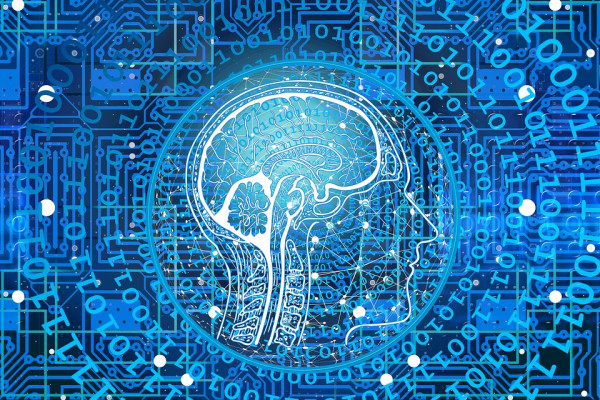How is AI changing the way we practise medicine?
Interviews about Medicine
Interviews about medicine, physiology, pathology, bacteria and viruses, pharmacology, food, hormones, neuroscience and psychology...
Featured
Single mutations in three genes can increase the ability of E. coli to survive ionizing radiation by a factor of 1000.
The minerals that make up our bones consist largely of a shock-absorbing citrate-rich goo...
We find out about asymmetry in nature. Do other species have handedness? Is it genetic? Is it true that left handers...
We uncover decision making in OCD, the teenage brain and how Kings Cross relates to our thinking networks...
Could genetic tests help diagnose people who are at risk of developing psychiatric conditions and catch them before...
Where you live and work, and how many take-away restaurants are nearby, can affect your waste-line as well as your...
Gene therapy can be used to modify the immune cells of patients with HIV, to make them much harder for the virus...
Professor Steve Jackson explains how research into DNA damage and repair is leading to new treatments for cancer.
It’s not just things in our environment that can damage our DNA - the damage can come from within too, as Prof Dan...
Bacteria employ a sophisticated method to ensure that they swim in a particular direction.
A protein called RYE – short for Redeye - has a central role in the regulation of sleep...
Songbirds stop listening to themselves when they start to sing...
Higher stress levels may make people more risk averse meaning that brokers take fewer risks in difficult financial...
An infection control nurse shows us how best to wash our hands.
How do hospitals protect their patients against Norovirus and how much does it cost them every year?
How does the virus spread, and for how long do people stay infected with it for?
We find out about the norovirus, or the winter vomiting bug, that affects up to 1 million people a year.
This week Cambridge researchers identified the first biomarker for major, or clinical, depression.
Closing the show from New Zeland with some Kiwi jokes.
How researching Huntington’s Disease is also helping us to grasp the incredible scale of complexity of the human brain.
Growing brain cells in a petri dish to form a brain network. How similar these cells are to a conscious, living human...
A bank of hundreds of frozen human brains from Huntington’s Disease patients, and also healthy controls. What do they...
